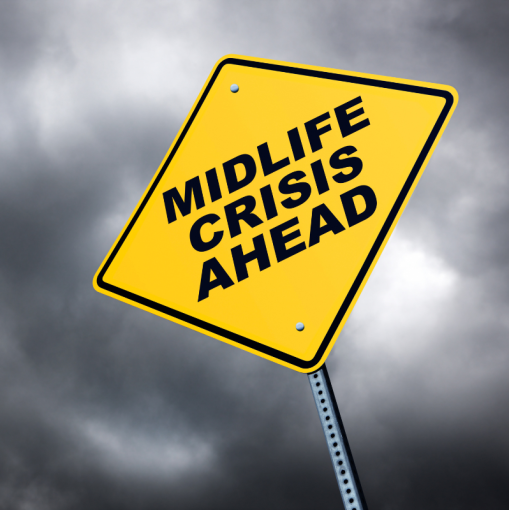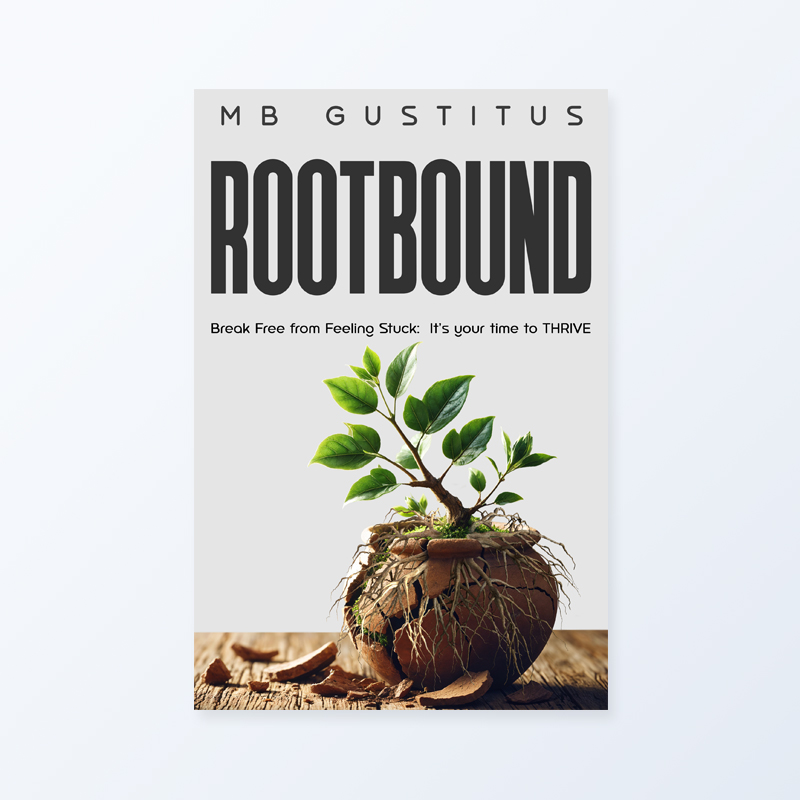Am I Having A Midlife Crisis?
Are you in your 30s or 40s, facing a major life transition like an empty nest or career change? Are you feeling overwhelmed by life, questioning everything from who you are to the choices you’ve made up until this point? If so, chances are good that what you’re experiencing is not uncommon for those mid-lifers out there—you might just be having a midlife crisis. But it doesn’t have to mean turmoil and uncertainty; instead of letting these overwhelming emotions get the better of you, read on to find out why a midlife crisis can actually be an empowering time of self-reflection and how best to navigate through it.
Defining a midlife crisis and what symptoms to look out for
A midlife crisis can be defined as a period of anxiety, uncertainty, or depression that is commonly experienced in middle age. This phase of life is marked by a sense of dissatisfaction with one’s current situation, which can lead to feelings of restlessness or a desire for big changes. While not all individuals go through a midlife crisis, there are some common symptoms to look out for, such as changes in behavior or lifestyle choices, questioning one’s life purpose or goals, and a preoccupation with aging or mortality. It’s important to recognize these signs early on and seek support if necessary, as a midlife crisis can have a significant impact on both one’s personal life and professional career.
Recognizing the signs of a developing midlife crisis
Midlife crisis is a natural phase most adults go through. However, it can be challenging to tell when someone is going through it. There are several signs of midlife crisis that you can look out for. For instance, if someone suddenly starts questioning their purpose in life or becomes less satisfied with their accomplishments, it could indicate that they are going through this phase. Additionally, if someone starts behaving recklessly or impulsively, it could be another sign that they are trying to cope with a midlife crisis. It’s crucial to recognize these signs and support those who are going through this difficult period. Understanding and empathy can help individuals navigate this transitional stage and come out stronger.
Acknowledging when it’s time to seek help
Acknowledging when it’s time to seek help can be difficult for many people. Often, we feel ashamed or embarrassed to admit that we can’t handle everything on our own. However, it’s important to remember that there is nothing wrong with asking for help when we need it. Seeking support can be a sign of strength, not weakness. It takes courage to recognize that we can’t always do everything ourselves and to reach out to others for assistance. Whether it’s seeking therapy for our mental health or turning to a trusted friend for advice, acknowledging when we need help is the first step towards finding a solution and improving our well-being.
Determining whether or not you are in need of professional guidance
If you are feeling stuck or unsure about a certain area of your life, it can be helpful to seek out professional guidance. This could come in the form of therapy, coaching, or consulting. However, it can be difficult to determine if you truly need this kind of support. One way to assess this is by asking yourself if your current methods of dealing with the issue are effective. Are you seeing progress or feeling overwhelmed by the situation? Additionally, think about whether you have tried multiple strategies but still feel stagnant. If any of these apply, it may be worth considering seeking out professional guidance. Remember, there is no shame in seeking help when you need it.
Developing coping skills and strategies to manage the crisis and look towards the future
When faced with a crisis, developing coping skills and strategies can not only help us get through difficult times but also allow us to look towards the future with a more positive outlook. Coping skills can vary from person to person, but some effective methods include taking breaks to engage in self-care activities, maintaining a support network of friends and family, and seeking professional help if needed. It’s important to remember that it’s normal to feel overwhelmed during a crisis, but by focusing on developing coping mechanisms, we can navigate through those challenging times and come out stronger on the other side. By setting goals and working towards them, we can have a sense of control and direction even in the midst of chaos. It’s never too late to begin developing coping skills and strategies, and by doing so, we can create a more resilient and hopeful future for ourselves.
All in all, a midlife crisis can be a challenging and disorienting experience for many individuals. If you are feeling overwhelmed and lost with no clear path forward, then it could be time to start considering professional help. There are qualified therapists available to offer insight and advice tailored specifically to your individual situation. Furthermore, discovering coping strategies that address your needs will provide a valuable roadmap. In the midst of this trying time of self-reflection, take proactive steps towards recovery now. Armed with the right information and care, you can successfully manage the crisis as an opportunity for growth. Each day will bring new experiences, offering hope for tomorrow – embrace them and move towards a brighter future!





